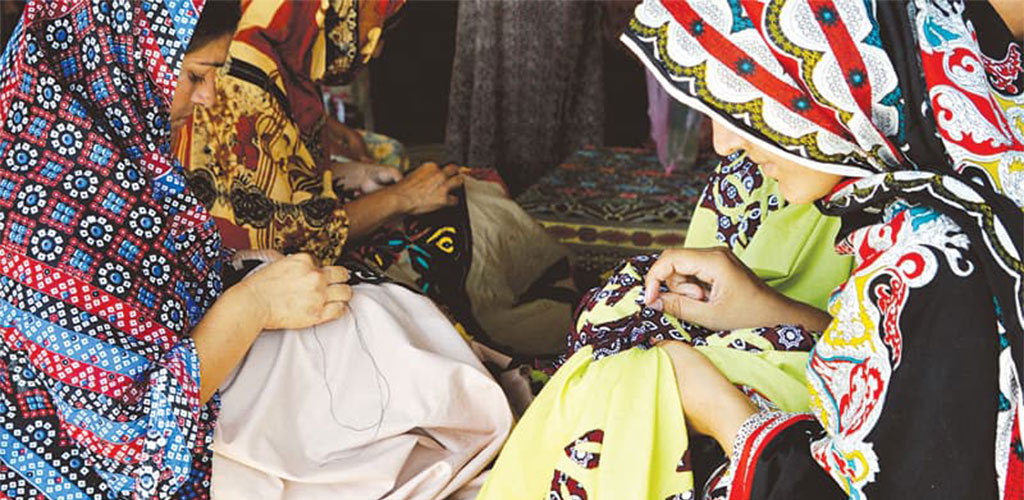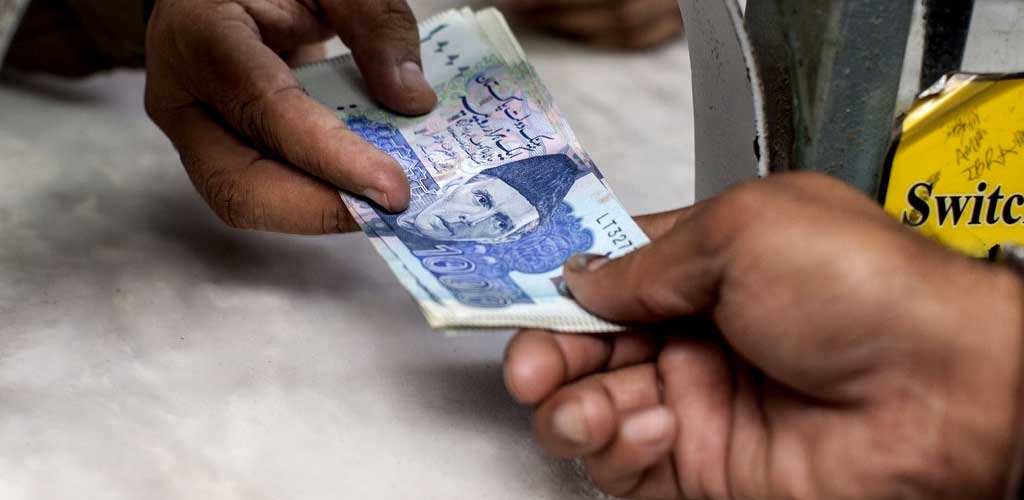Project Description
Pakistan has been bestowed with enormous natural & human potential. Yet, the country faces overwhelming challenges & un-employment of the human as well as other resources remains undoubtedly the key challenge.
The young population mix of Pakistan could be the key driver for economic productivity but unfortunately 17 Million youngsters are illiterate, thus posing a challenge of an all-around development across the facets of education, health & employment.
Youth Economic Empowerment Project (YEEP) commissioned by Plan International Pakistan & European Union, with the execution support form country’s apex social development organization i.e. National Rural Support Programme (NRSP), endeavors to address the menace of unemployment through skill development & job placement in the underprivileged districts of Muzaffargarh, Rajanpur & Layyah.
Through this study, YEEP project aims to arrive at a “Youth Friendly Micro Finance Loan Product” that can help TVET skilled youth (being trained in various trades under YEEP project), attain micro investments in order to make their skill worthy while undertaking a micro business.
Respondents across the TVET youth groups both under training & graduated explicitly rated un-employment as top most issue of their lives, & so was the response of their parents. Teachers & MFIs management included in the study design also narrated youth unemployment as the biggest challenge across the three districts. Micro enterprise is an agreed potential solution in the view of a vast majority of respondents, yet the challenge remains awareness, availability & access to startup finance & business inputs.
Comparative micro finance product analysis suggests that there is “no single micro finance credit product” especially designed for unemployed but skilled youth. However, all the MFIs & MFBs offer “micro loans” that can be attained by the individuals aged 18 years to 60 years. Again, a requirement of a running enterprise becomes a major impeding factor for the young & inexperienced startups. Prime Minister Youth Loan scheme is the only specific “youth loan” product, but due it pattern of guarantee, youngsters are hesitant to avail the loan.
Micro Finance Institutions, product portfolio analysis suggests that, on an average MFIs charge an interest rate of 30% with a payback period averaged at 1 year. Agriculture, Livestock, Trading & Skilled trade based loans are the major loan purposes. Individuals’ loans are based upon guarantees or collaterals i.e. gold etc, however group lending is the most widely practiced mode of financing. Only a few MFIs provide value added services including insurance & a loan processing fee of PKR 500 to 1000 is applicable.
Based upon the market analysis & comparative product portfolio study, it’s quite an overpowering fact that “Youth” could be the most promising segment for MFIs; a very well-crafted youth micro loan product can be an advantageous addition to the portfolio of MFIs.
We have put forth 04 youth loan products, which can potentially cater to the requirements of unemployed youth belonging to various trades. A grace period of 02 months has been suggested, along with an interest rate ranging from 18% to 30%, whereby payback period is 12 months, in total.
A proper framework of applicants’ appraisal and loan utilization activity overseeing, is the key ingredient that will ensure the selection of the right and deserving beneficiaries & ‘ll remain a guiding force to efficient loan utilization for generation of a self-sustained & successful micro enterprise activity.
A structured model of value chain development has to be ensured at the operator/MFI level, whereby operator/custodian of the micro enterprise development will ensure the support to micro entrepreneurism for developing an uninterrupted value chain, for collection of quality raw material and sales of the products to potential buyers.
There has to be a proper mechanism for ensuring mentoring through different models while engaging stakeholders like TVETs, value chain members etc, so that the youngsters are not left alone in the eco-system, their issues pertaining to business management are being taken care of & their capacity is enhanced in a structured manner for handling the practical challenges that they will face in the real market place(s).
A change in the life & enterprise development skills, course work, and delivery method is highly recommended. Since the youngsters will be positioning themselves for a micro enterprise activity and they will be inexperienced micro entrepreneurs therefore it’s imperative that their life & business skills training should include some practical project work, so that they could interact with the market practically. Along with this change to be stipulated in training, all the upcoming micro entrepreneurs under training must be indulged in the habit of raising a saving, so that, they could be able to raise a workable social collateral by the time they are prepared to enter a micro venture.
National Rural Support Programme (NRSP) can partner with the local MFIs/MFBs in the three districts in order to roll out the suggested MF products. The most fundamental tenet of this recommendation stems from the element of “localization”. As locally operated MFIs know their territory & people better, they will be more hands-on to flawless appraisals and will be able to ensure micro enterprise development through continued monitoring and engagement with the beneficiaries. NRSP’s network of micro finance itself can play a pivotal role in grabbing the potential of “youth segment” while offering the youth friendly micro loans.
NRSP & other MF industry players/MFIs instituted locally, must grab attention of the Government Institutions, International Development Organizations like Department of International Development UK (DFID), The World Bank, Asian Development Bank & the like, while making a case for handling youth unemployment through affordable MF offerings at subsidized interest rates, through a prudent development funding for the purpose.
We are extremely hopeful that NRSP & its partners can actually undertake the challenge of fighting the un-employment for TVET trained youth, successfully yet sustainably through the proposed micro-loan structure.






